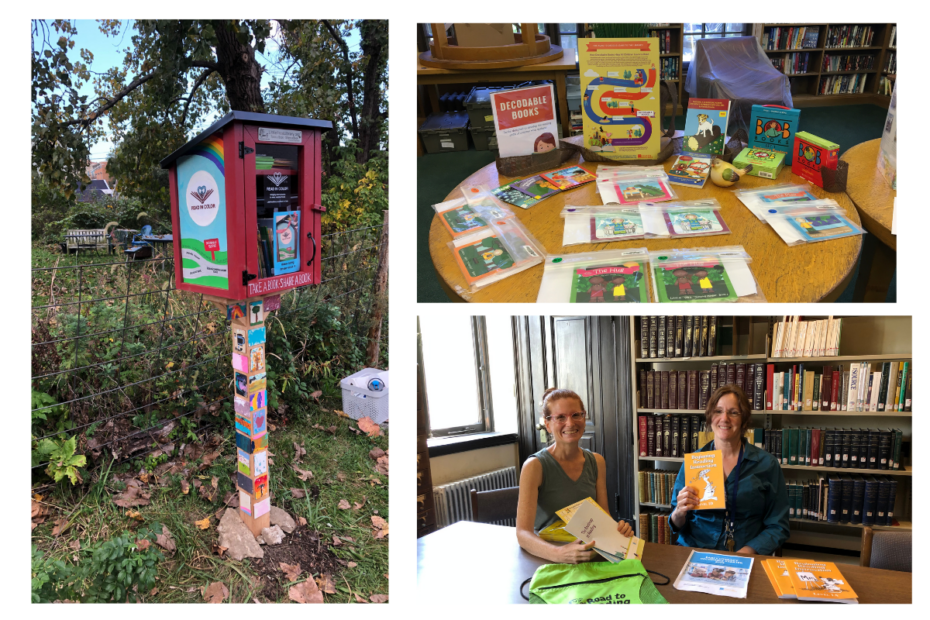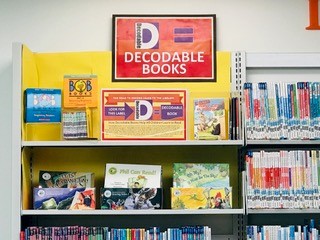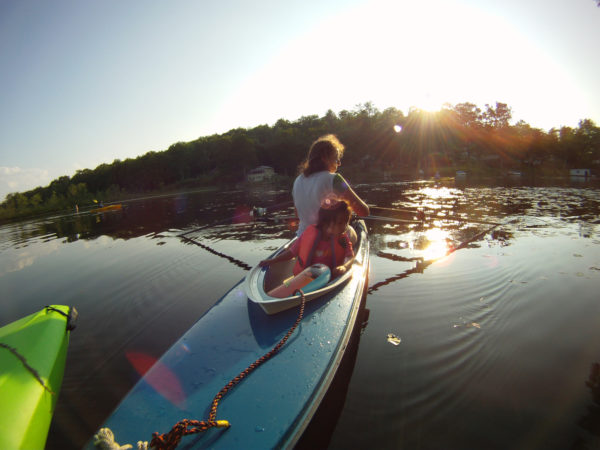Diverse Books, Decodable Books & Libraries
Diverse books, decodable books and libraries. They are all part of innovative community literacy solutions! We’re So Much More than Phonics The science of reading, structured literacy, direct instruction, systematic, explicit instruction. It all sounds severe and not that much fun. The fact is, nothing is more thrilling than reading with automaticity. Automaticity happens when a child learns to decode. Some kids will need less instruction on decoding, while others, especially those who struggle with reading issues like dyslexia, will need a ton of practice. There is no love of reading when a child cannot read the words, and that is why teaching decoding is part of the love of reading. Still, all of that work decoding is nil if a child doesn’t understand what they are reading. Diverse Books Here’s the shocker! Those of us advocating for the science of reading advocate for content and context. If children learn to decode and do not understand what they read, they will not become skilled readers. Access to books and content is an important way to help children improve reading. We call it “books that teach, and books that tell.” We are passionate about diverse literature so that children can engage with books that show families and communities that look like our world. According to The Read in Color program, less… | Read More »Diverse Books, Decodable Books & Libraries





